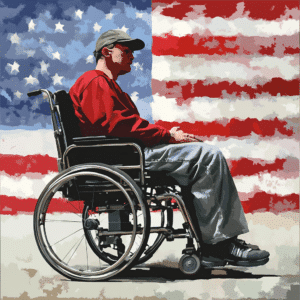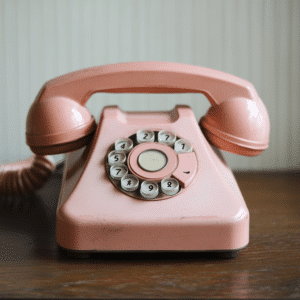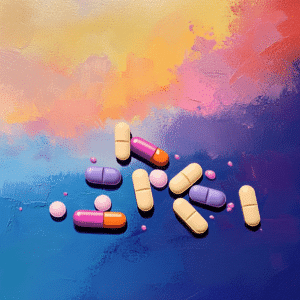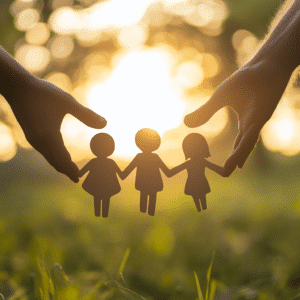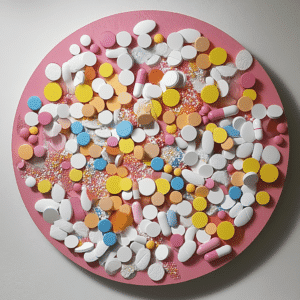Addiction can feel overwhelming, not just for those entangled in its clutches but for families, too. Hotlines for addiction help serve as an essential resource for individuals struggling with substance use disorders and their families. These dedicated services provide immediate support while connecting callers with vital resources that can lead to recovery. They are environments where empathy reigns supreme, breaking down the barriers that often prevent people from getting the help they truly need.
The urgency surrounding this issue is palpable. Addiction rates have surged across the United States due to various factors, including the opioid crisis and increased availability of substances. According to the Substance Abuse and Mental Health Services Administration (SAMHSA), about 20.4 million adults in the U.S. grapple with a substance use disorder each year. This grim statistic emphasizes the increasing demand for hotlines for addiction help, making them a critical first step toward recovery.
The power of hotlines for addiction help lies in their accessibility. Available 24/7, these helplines offer a safe space for individuals and families to reach out without stigma. This confidentiality ensures that people can discuss their struggles openly, paving the way for healing. As we dive deeper into the world of these hotlines, it’s essential to acknowledge the transformative impact they can have on the lives of both individuals battling addiction and their loved ones.
Top 7 Hotlines for Addiction Help Transforming Lives
Hotlines for addiction help are not a one-size-fits-all solution. They vary widely in the services they provide, geographical reach, and the populations they serve. Here are seven exemplary hotlines that significantly influence recovery journeys across the nation:

1. National Helpline (SAMHSA)
2. Crisis Text Line
3. The Recovery Village
4. Alcoholics Anonymous (AA)
5. Narcotics Anonymous (NA)
6. Veterans Crisis Line
7. Partnership to End Addiction
The Journey of Transformation: Real-Life Testimonials
Words of hope from those who’ve turned to hotlines for addiction help resonate deeply. They remind us of that flicker of light at the end of a tunnel that can often seem endless.
Maria’s Journey
Maria struggled years with opioid addiction, feeling lost and desperate. After reaching out to the National Helpline, she connected with a treatment program that changed her life. The gift of that single phone call illustrates how intervention can be the tipping point for change.
John’s Redemption
John, a veteran, faced a downward spiral due to substance abuse worsened by PTSD and feelings of isolation. After contacting the Veterans Crisis Line, he not only found immediate support but also resources for nearby mental health services tailored for veterans. This resulted in reclaiming his life—a journey that started with one heartfelt call.
The Voices of Many
These stories are mirrors reflecting countless more, emphasizing that there is hope. Hotlines for addiction help aren’t just numbers; they are lifelines that can change the course of lives, providing both immediate relief and long-term recovery pathways.
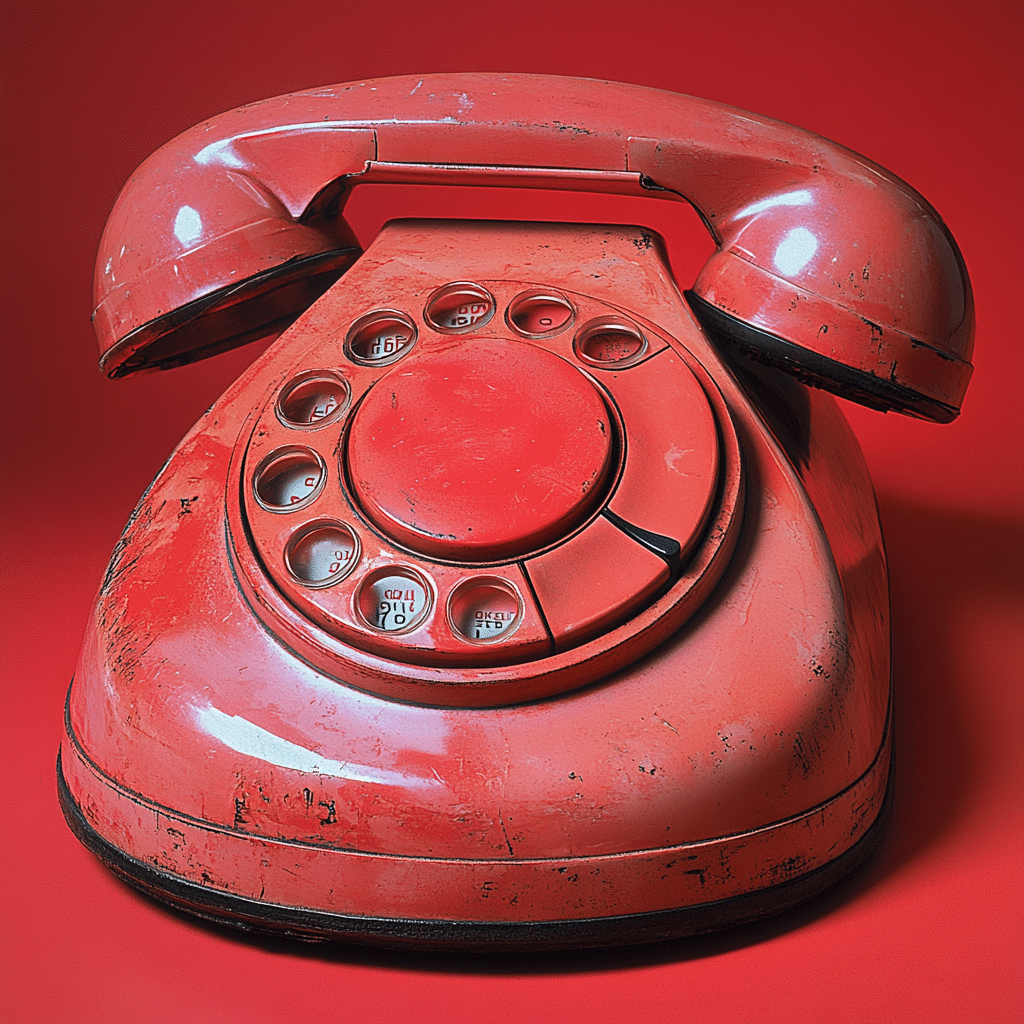
The Mechanism of Change: How Hotlines for Addiction Help Function
Understanding how hotlines work reveals their impact on individuals and families. Trained professionals engage with callers compassionately, assessing their needs and providing personalized resources. This approach creates a pathway to treatment options, support groups, and ongoing care, ensuring recovery isn’t a lonely road.
The Importance of Confidentiality
Confidentiality lies at the heart of hotlines for addiction help. This assurance encourages individuals to seek assistance without fear of judgment or repercussions. It’s often the difference between remaining trapped in addiction and finding the courage to step into recovery.
Listening and Engaging
Hotlines don’t stop at offering resources; they give the person a chance to express themselves. This opportunity to talk without judgment can be immensely powerful. Fostering an open dialogue enables loved ones to discuss available support tailored to their needs, reinforcing that they don’t have to walk this journey alone.
Innovative Future Directions
With the rising influence of technology, the future of hotlines for addiction help looks promising. AI-driven chatbots, app-based support, and telehealth resources are emerging trends. Even virtual reality support sessions and online recovery communities may soon become parts of our toolkit for recovery.
Expanding Accessibility
The aim is to broaden outreach and accessibility, overcoming barriers that have previously hindered recovery efforts. Families who reach out for help can eventually find communities of support through online support Groups or even through addiction Podcasts that give voice to similar experiences.
Community Connection
Future innovations will build bridges in communities, aiding individuals transitioning from recovery back into everyday life. They will emphasize the power of connection, showcasing that we’re never truly alone when battling addiction.
Hotlines for addiction help transform lives daily. They provide not just a quick solution but a roadmap to recovery and resilience for countless individuals and families grappling with addiction. At Mothers Against Addiction, we believe that courage exists in the journey towards healing. Those brave enough to make that call and ask for help deserve respect and support. Let’s remember that seeking help is not a sign of weakness but a courageous step towards reclaiming love, life, and hope.

Hotlines for Addiction Help: Transforming Lives One Call at a Time
Did You Know?
Hotlines for addiction help can be a lifeline for many in need. A staggering number of people turn to them for support every year, with some estimates suggesting upwards of 20 million Americans struggling with substance use disorders. These hotlines are often staffed by trained professionals who are available 24/7, providing immediate assistance and hope. As you dial in for help, you might find yourself wondering about other geographic aspects of your journey—like “what are my rights if I face squatters in North Carolina?” Knowing about your nc Squatters Rights( can ease some worries about housing stability, which is vital during recovery.
Interestingly, many hotlines not only assist in finding treatment options but also provide a wealth of resources. Some even share uplifting experiences from individuals who have walked the same path. More than ever, people are exploring recovery Blogs( that detail personal stories, offering both inspiration and practical advice for those dealing with their own challenges.
There’s More to It!
In addition to speaking with hotline professionals, there’s a significant opportunity for education. For instance, understanding the concept of “residence” can be crucial when discussing transitional housing plans or determining eligible resources. Dive into the details of what it means to define residence() to empower yourself on this journey. Additionally, you might discover that via these hotlines, people are often directed toward financial help, like advice on How much For a down payment on a house,(,) which can really change a life.
As you delve into solutions for deeper issues, pop culture can sometimes intersect with our lives in unexpected ways. For instance, rumors can create traction, whether it’s gossip like Taylor Swift dead( or headlines about celebrities. These distractions might seem unrelated, but they can remind us how vital our mental health is, accentuating the importance of reaching out.
The Heart of the Matter
Hotlines for addiction help serve as a critical resource for many individuals and families, providing not just immediate assistance but also ongoing support. By tapping into these resources, you’re more than just another statistic. You’re part of a movement toward healing and recovery. Whether you’re exploring how to sustain a stable residence or simply staying informed about daily happenings, remember that taking that first step is what truly counts. So, if you’re sitting on the fence about reaching out, keep in mind you’ve got a whole supportive community ready to welcome you.
What do you call someone who helps with addiction?
Someone who helps with addiction is often called a substance use counselor or an addiction specialist. They have the training to assess someone’s needs and support them in their recovery journey.
What does an addiction hotline do?
An addiction hotline is a service that provides anonymous and confidential support for individuals struggling with substance abuse. They’re staffed by trained advisors, many of whom have personal experience with recovery, ready to help.
How do you help a person who has an addiction?
Helping a person with an addiction involves listening to them without judgment and giving them a chance to express their thoughts. It’s important to talk about the support available and let them know you’re there for them whenever they need to chat again.
What is a support group for addicts?
Support groups for addicts are community gatherings where people share their experiences regarding addiction. These groups foster a sense of community and support, helping individuals feel less alone in their recovery process.
What is a fancy word for drug addict?
A fancy word for drug addict would be “substance use disorder patient,” but most folks prefer more straightforward terms to avoid stigma.
What is the new term for addicts?
The new term for addicts is usually “individuals with substance use disorder,” as it focuses more on the condition rather than labeling the person.
How do you solve addicts?
You can’t “solve” addicts, as recovery is a personal journey. Instead, support, encouragement, and understanding are the best ways to help someone dealing with addiction.
What does samhsa stand for?
SAMHSA stands for the Substance Abuse and Mental Health Services Administration. It’s a government organization that offers resources and support for those struggling with addiction and mental health issues.
What is the phone number for the Mass Helpline?
The phone number for the Mass Helpline is 1-800-327-5050. They offer help and information to anyone seeking support for substance use issues.
How to help someone with porn addiction?
To help someone with a porn addiction, it’s crucial to approach the topic with care and understanding. Encourage them to seek professional help and be supportive without judgment while respecting their space.
How can I help without enabling?
To help without enabling, set clear boundaries and avoid providing financial support or covering up for their behavior. Encourage them to seek help and let them know you’re there for them, but also take care of yourself.
What not to say to someone who has an addiction?
When talking to someone with an addiction, it’s best to avoid statements that blame or shame them. Comments like “just stop” or “you’re ruining your life” can be hurtful and counterproductive.
How to find a support network?
Finding a support network can start with asking friends and family or looking online for local groups and resources for families dealing with addiction. Community centers and health care providers can also point you in the right direction.
What are the three types of addicts?
The three types of addicts are typically categorized as physical, psychological, and situational. Each person’s experience is unique, but these categories can help in understanding their needs.
How do I find a local support group?
To find a local support group, check community bulletin boards, health care centers, or websites dedicated to addiction recovery. Many organizations have directories of meetings available in your area.
What is another name for an addiction specialist?
Another name for an addiction specialist is a substance use disorder counselor or a licensed addiction professional, who focuses on supporting individuals through recovery.
What is an addiction therapist?
An addiction therapist is a trained professional who specializes in helping individuals overcome their substance use issues through therapy and counseling.
What is the word for allowing an addict?
Allowing an addict to continue harmful behaviors is often referred to as “enabling.” It’s when someone provides support that unintentionally helps sustain the addiction.
What is an interventionist?
An interventionist is a professional who organizes and facilitates interventions, helping families confront a loved one about their addiction in a way that encourages them to seek help.






